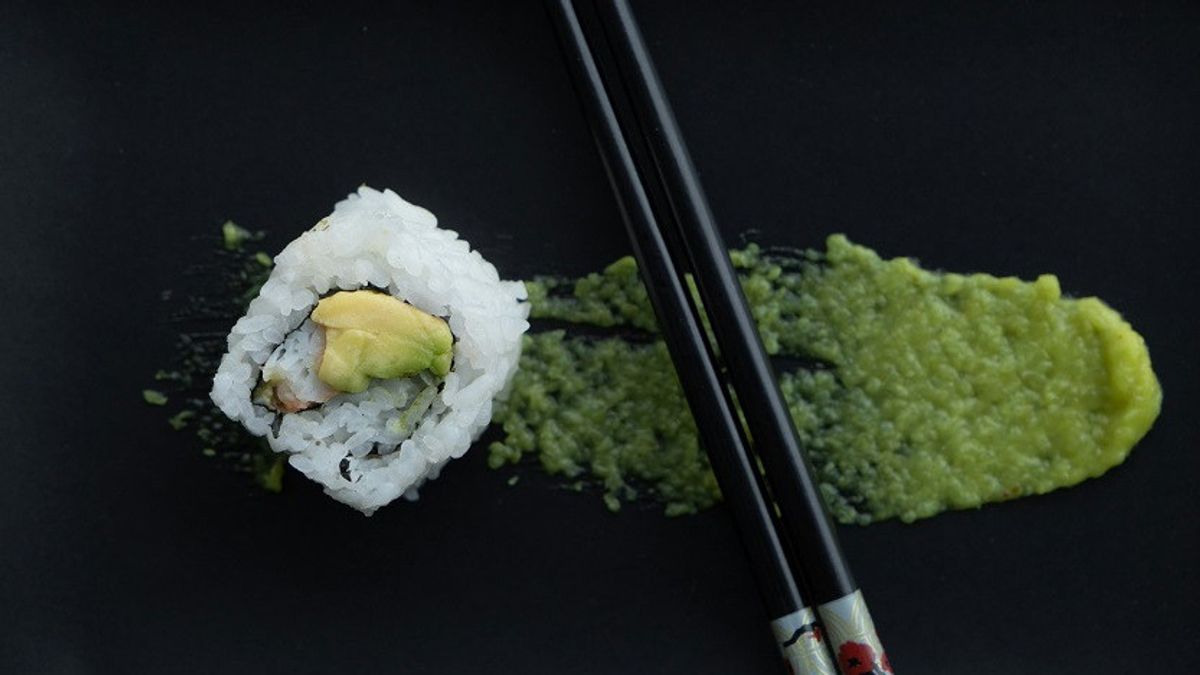JAKARTA - A recent study found that wasabi, Japan's traditional spices and popularfocusy spices, may be useful in increasing the cognitive memory and capability of the elderly.
The joint research between Japanese food producer Kinjirushi Co. and Tohoku University focused on the type of mustard oil called hexaphane, which was found in small quantities in plant roots and rampangs.
The study investigated whether the compound, which is already known to have antioxidant and anti-inflammatory effects on the body, had a positive impact on the cognitive function of healthy adults aged 60 years and over.
This study involved 72 healthy adults aged between 60-80 years. They were then divided into two groups. One group consumed 0.8 milligrams of hexaphane as a daily supplement, equivalent to 5 grams of shempang wasabi for 12 weeks. Meanwhile, the other group was given a placebo.
Post-trial cognitive tests showed groups taking supplements showed a significant increase in their episodic memory and work, compared to the placebo group.
The cognitive increase is especially evident in their ability to process short conversations, perform simple calculations and match names with faces.
The findings were published on October 30 in the online edition of the European journal 'Nutrients'.
SEE ALSO:
Kinjirushi, said his party was exploring the possibility of using this discovery to develop new products for memory improvement.
"With an aging global population, we aim to take advantage of the health benefits of wasabi to increase the healthy life expectancy and well-being of the elderly," said a Nagoya-based company official, quoted by Kyodo News December 10.
The English, Chinese, Japanese, Arabic, and French versions are automatically generated by the AI. So there may still be inaccuracies in translating, please always see Indonesian as our main language. (system supported by DigitalSiber.id)















